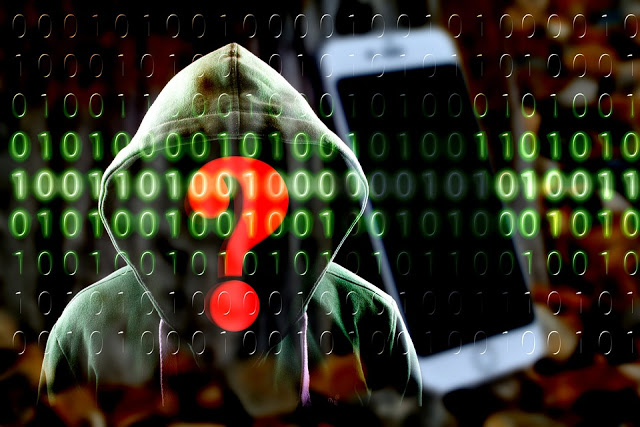Latest Research Reports Prices of Your Documents on the Dark Web

Therefore, with millions of SSNs in the open, they are sold up to $4 on the dark web. According to Flashpoint, the following services are available on the dark web along with the SSNs.
These services are divided into four types:
- Hacker Services
- Forged Documents
- Personal Identifiable Information (PII)
- Stolen Financial Information
The PII (personally identifiable information) package, in addition to the SSN for $4, has the victim’s Name, Passport No, Driver’s License Details, and email id. However, access to Stolen Financial Information costs much more than SSN. According to Atlas VPN, credit cards up to $5k balance costs $10, whereas discredited bank accounts with savings more than $10000 cost $25.
Note: The price also depends on the victim’s savings. If the savings go higher, the cost to obtain the details also goes higher. It is because of victims with high credit score accounts are less risky to attack as their banks won’t notice it and won’t cut it off.
Forged documents top the list in the prices. Physical passports are sold for $3k-$5k on the dark web. According to other reports, a 1-hour DDoS (Distributed Denial of Service allows the servers to shut down or stop working )attack on any bank or government website costs around $165.
How to prevent yourself?
It is a bit difficult to prevent such attacks, but the users can always follow some rules to secure their account information. These are:
- Secure your devices with a password; a pin would be better.
- Avoid using public wifis while browsing or downloading apps.
- Use 2 step verification

![[GLOBAL] - Ransomware Victim: loraincountyauditor[.]gov 2 image](https://www.redpacketsecurity.com/wp-content/uploads/2024/09/image-300x300.png)

